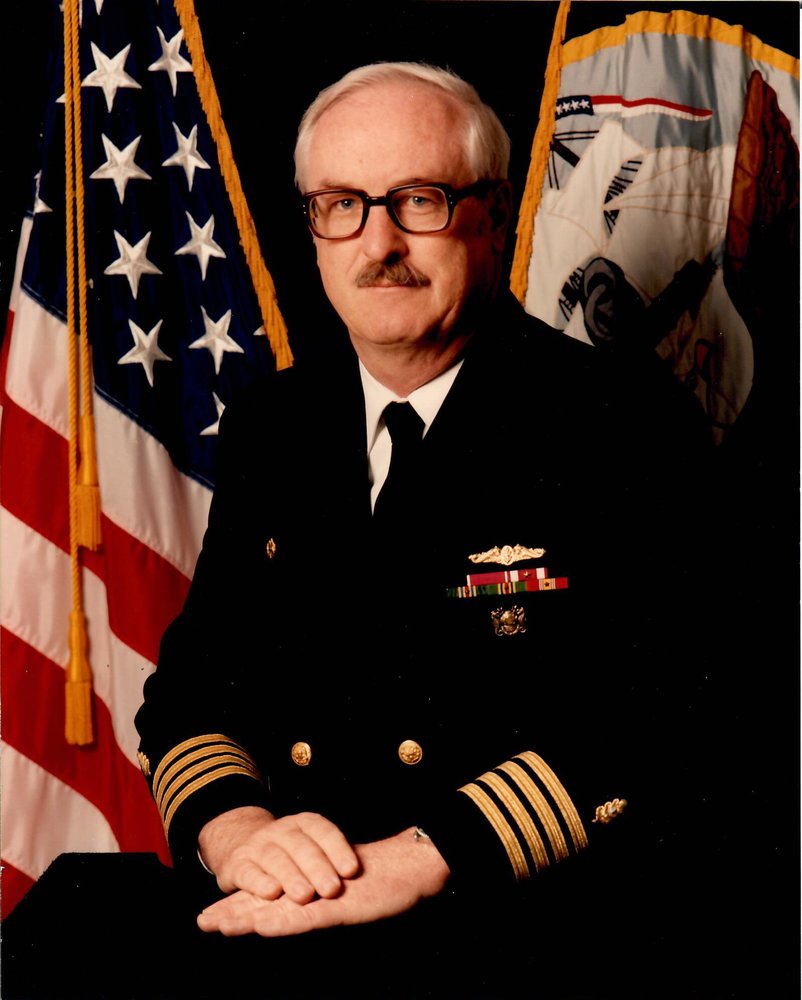
Interment
Obituary of Edward Thomas Flynn
Edward T. Flynn Jr., M. D.
CAPT MC USN (Retired)
Age 77, of
Ed was born in
Ed was an internationally recognized expert in the field of deep-sea diving medicine. Following medical school, he joined the U.S Navy and embarked on a 27 year active duty career that included internship, and residency training in anesthesiology at the Naval Hospital, Bethesda MD, fellowship training in respiratory physiology at the State University of New York at Buffalo, and tours of duty at the Navy Experimental Diving Unit, the Naval Medical Research Institute, and the Naval School, Diving and Salvage His research and practice touched all aspects of undersea medicine including basic physiologic studies the effects of immersion, gas temperature, gas density, and oxygen partial pressure on a diver’s respiratory and cardiovascular performance, development of procedures for saturation-excursion diving to 1000 feet, studies of the pathophysiology and treatment of oxygen toxicity, decompression sickness and arterial gas embolism and the use of hydrogen for very deep diving. Ed retired from active duty in 1994 as the Commanding Officer of the Naval Medical Research and Development Command., an assignment that put him in charge of all the Navy’s medical research laboratories world-wide. He was twice awarded the Legion of Merit.
Following retirement, Ed embarked on a second career working for the Navy as a civilian. He was also appointed a Research Associate Professor of Anesthesia at the University of Pennsylvania School of Medicine He developed decompression procedures to support the Navy’s new Submarine Rescue System, revised the Navy’s surface-supplied helium-oxygen decompression procedures to allow the successful salvage of the civil war ironclad USS MONITOR off Cape Hatteras, and developed an innovative suite of air decompression procedures to replace 50 year old tables that were considered unsafe by modern standards.
During his career, Ed authored or co-authored more than 100 journal articles, research reports, and book chapters including a seminal paper in 1984 introducing probabilistic modeling into the field of decompression risk analysis. He also wrote the Diving Medical Officer Student Guide, a large Navy textbook that was used to train a generation of undersea medical officers.
Medals awarded include: The National Defense Medal; The Meritorious Service Medal with Star; and the Legion of Merit.
Burial at




